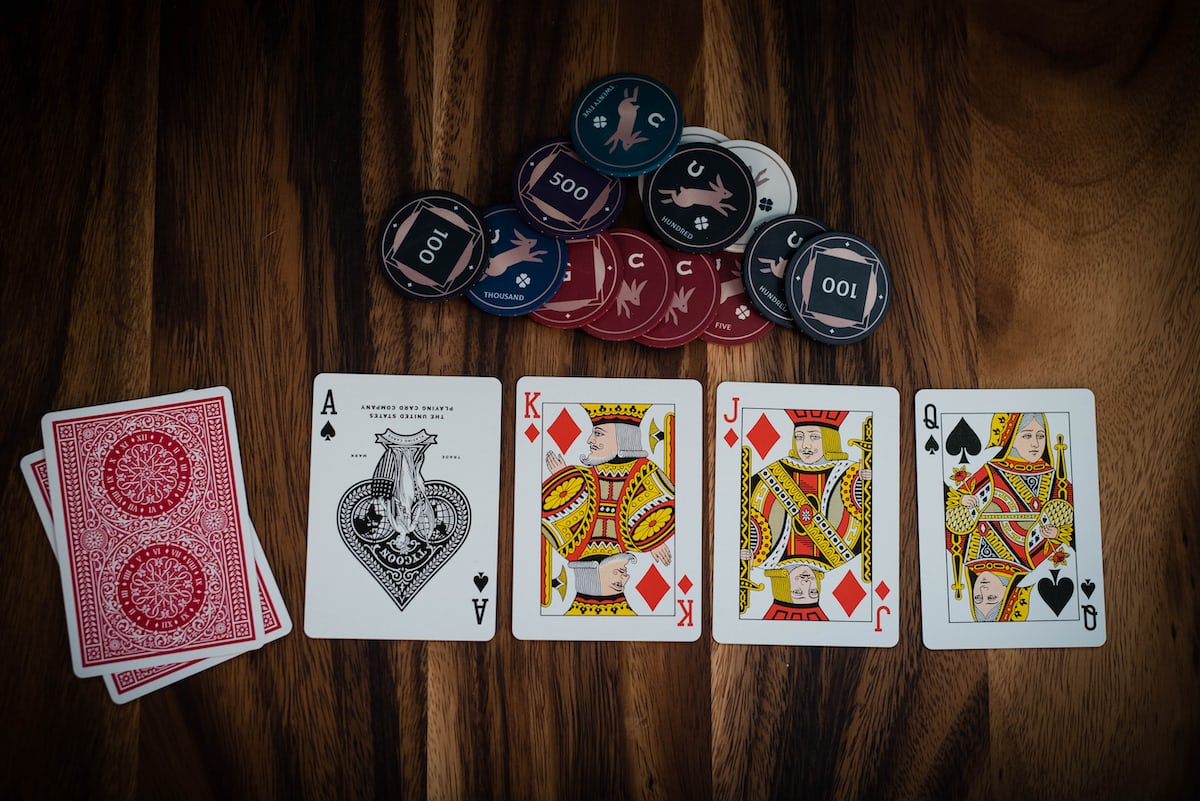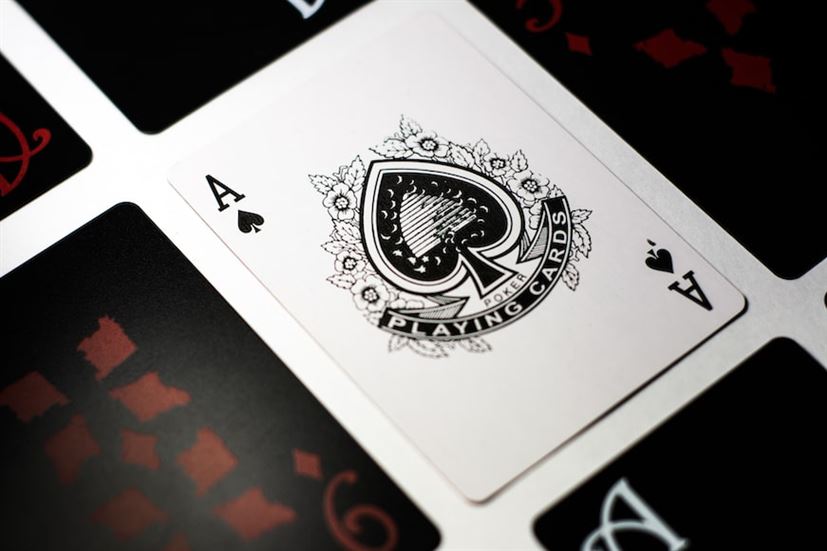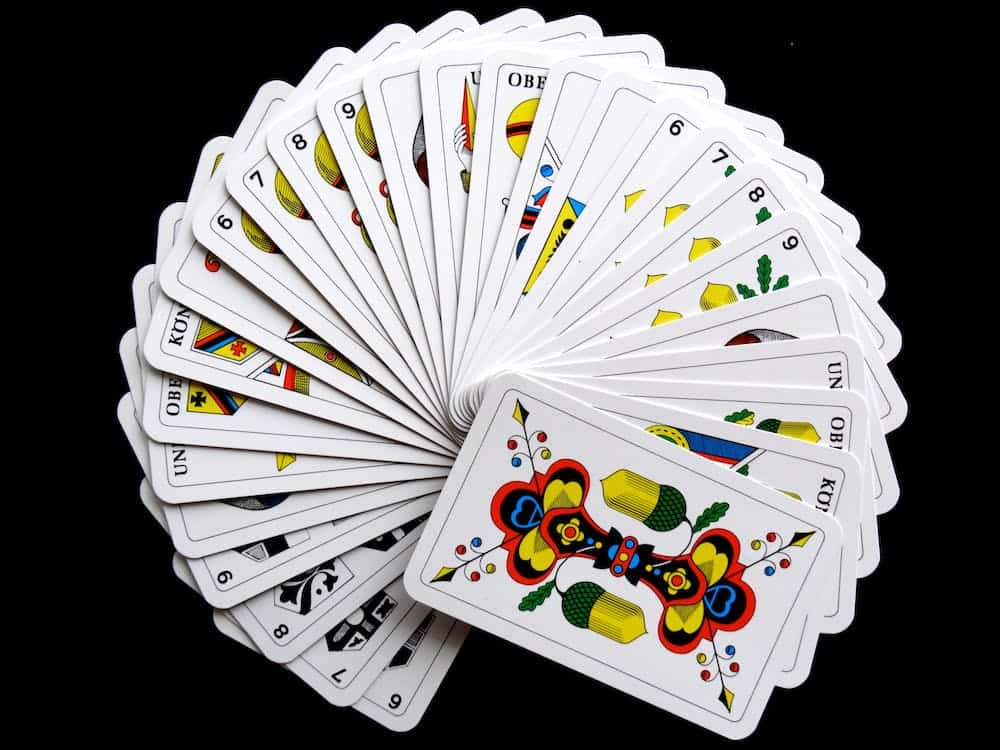It’s well known that exercise, good nutrition, and adequate sleep are all keys to a healthy lifestyle. But did you know that playing poker can also have a beneficial effect on your mental health? That’s right – it turns out that engaging in strategic card-playing activities can do more than just provide fun and entertainment. Poker can make tangible contributions to our psychological well-being by helping us develop problem-solving, decision-making, and social interaction skills.
This blog post will discuss the top five significant ways poker can be used as an effective stress relief technique while improving your overall mental health.

Poker can help improve your decision-making skills.
Playing poker can have significant benefits for your mental health, particularly when it comes to decision-making. Every hand of poker requires players to analyze the current situation and make decisions to maximize their potential gains. Through regular practice, players can become skilled at seeing the larger picture, considering all elements of a situation before making their decisions at a poker table.
Playing poker helps you develop invaluable discernment skills that increase your chances of success in the game and transferable skills that can be used in everyday life. With these improved decision-making abilities, an individual’s confidence soars, and they become more self-assured about their choices with better foresight for future outcomes.
Playing poker can help relieve stress and anxiety.
Poker is more than just a game; it can serve as an effective form of stress relief and a helpful tool for calming anxiety. Due to its often strategic nature, poker demands mental focus. This helps take the mind off current worries and put it on task. It also offers players a sense of purpose and accomplishment when they make the right decision, ultimately leading to increased confidence in their ability to make decisions in real-life scenarios in both personal and professional life.
With today’s online-friendly arms race among casinos, both land-based and digital, poker is a great way to destress and gain exposure to different game variations, further expanding one’s overall knowledge. All these major benefits significantly make playing poker online or live setting an effective method to improve your mental health.
Poker can help improve your memory.
Poker has been proven to be an activity that can significantly impact the mental health of those who play. One significant benefit of playing poker is that it can help improve your memory. Not only does it require a great deal of memorization so you can anticipate what cards may be coming next, but it also encourages “poker faces” that cover any potential tells about your genuine emotions – meaning you must engage both sides of your mind when strategizing your moves.
Creating a winning strategy for poker helps to stimulate neurons and develop connections within the brain, which not only encourages focus and analysis but can also lead to a stronger memory in the long run. So even though luck can play a role in successfully winning poker chips, this luck is heavily supported by proper memorization techniques, which positively affect cognitive skills.

Poker can help increase your focus and concentration.
Playing free poker can be an invaluable tool to bolster your mental health and well-being. Not only can the game of poker help to sharpen your cognitive abilities, but it can also improve your attention span and concentration. With repeated practice, the mental demands of strategizing and comprehending hands in poker require a commitment to equipping yourself with analysis and decision-making aptitude.
Over time, this disciplined approach improves overall concentration and decision-making processes which can transfer over into periodic tasks at home or work. Long-term benefits come from understanding how to open up communication channels between yourself and those around you—essential skills for maintaining relationships with friends and family.
Poker can help improve your problem-solving skills.
Poker can be a great way to sharpen your problem-solving skills, as it requires you to think critically and strategically. The game consists of multiple levels of complexity that need you to think ahead, consider the other players’ motives, and develop logical strategies while staying in control of your emotions. This encourages you to look beyond simple solutions and think more deeply about how you can reach your goal.
Additionally, all decisions on the table must be made quickly yet accurately; this helps build up quick thinking and sharpens decision-making skills. In combination, these elements challenge and improve mental agility, resilience, and flexibility, all key attributes when successfully dealing with complex problems.

That poise carries over into everyday life as players think more analytically about every challenge and opportunity. Playing poker allows you to stay in touch with your own emotions as well as develop a better understanding of those of others. With improved cognitive function and decision-making, playing a poker game can give you a realistic view of life, allowing for better mental health overall.





